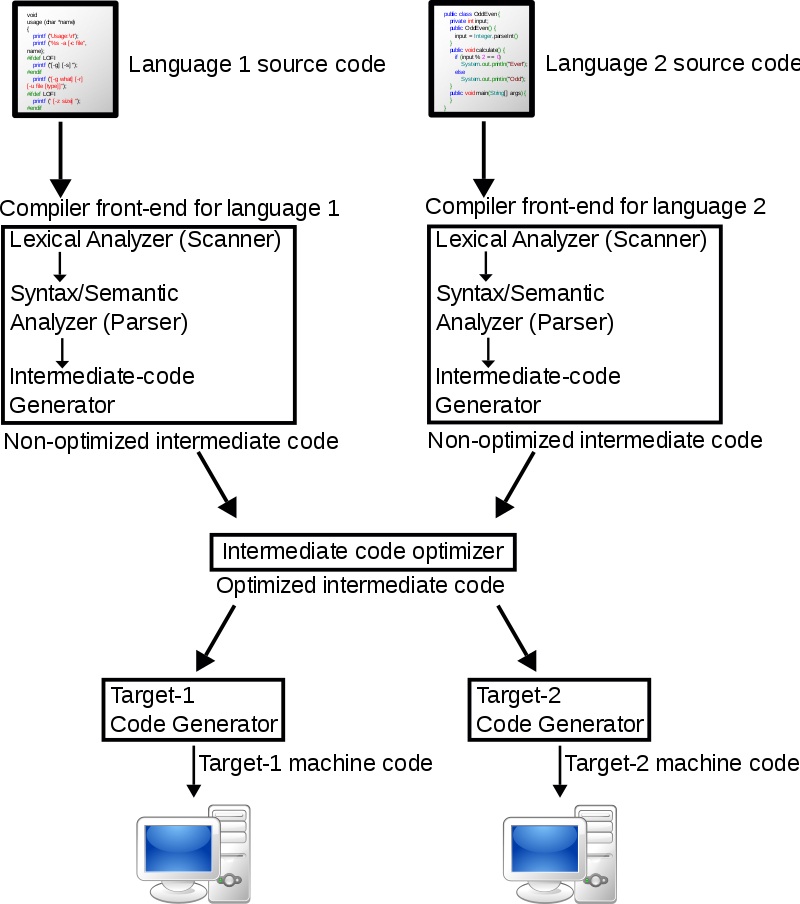
- #Pass vs macpass generator
- #Pass vs macpass manual
- #Pass vs macpass android
- #Pass vs macpass Offline
- #Pass vs macpass professional
Related reading: MacUpdate user reviews of MacPass for Mac. Note, though, that the current version doesn’t work properly on Big Sur, so you’ll need to wait for an update.
#Pass vs macpass manual
If you don’t mind doing a bit more manual setup work, it’s well worth a look. It’s not anywhere near as intuitive as tools like Bitwarden, but it is completely free. You can also set up MacPass to synchronize your stored passwords, and it can be enhanced with plugins. And despite the fact that MacPass uses a local client, it still offers browser extensions, so you can auto-fill login fields on web pages.
#Pass vs macpass generator
Like other password managers, MacPass includes a sophisticated password generator together with an analysis tool indicating the strength of each password generated.Īdding new login details to MacPass is straightforward, and you can create new databases and groups easily. It consists of just one file, so it’s easy to transfer the database between Macs. Passwords are stored in a highly encrypted Keepass database. Related reading: MacUpdate user reviews of Buttercup for Mac.Ī free, open-source password manager for macOS, MacPass is lightweight and easy to use. Syncing is not quite as intuitive as rivals. Or you could store different sets of passwords for work and personal use.
#Pass vs macpass Offline
You can add multiple password vaults too, so you could have one that’s kept offline and one that’s synced to the cloud. Anywhere you need to store and retrieve passwords easily, you can with Buttercup.
#Pass vs macpass android
But if you need the convenience of the cloud, that’s possible too.īuttercup supports Google Chrome and Mozilla Firefox browsers and runs on Linux, macOS, and Windows desktops, and Android and iOS mobile devices. This is great because if you don’t need to sync your Mac’s passwords to other devices, you can store them offline, away from remote servers. You can store your password database locally, or you can keep it in Dropbox, Google Drive, or WebDAV. It offers AES-256 encryption, generates strong passwords, and includes the option to choose where your password vault is stored. Related reading: MacUpdate user reviews of BitWarden for Mac.īuttercup is a free, cross-platform, open-source password manager with a simple, easy-to-use interface.

For many people, the free version will be more than enough, but one big thing you’ll miss out on is sharing. These add features like two-step login using physical keys like YubiKey and emergency access.

There are premium and family licenses available too. The process identifies vulnerabilities and allows the product to be one of the top-rated password managers available.

#Pass vs macpass professional
Then the password manager will remember all your other passwords for you, and you can make them as complex and long as you like.Īpple’s own Keychain is a pretty good password manager for Macs, but if you want more advanced features and more control, you’ll need a third-party option.Įven though Bitwarden is a free, open-source password manager, the company uses professional auditors to try and break it. All you need to remember is one strong password, which locks and unlocks your password manager. You could write them down on paper, but unless you’re going to put that paper in a locked safe, that’s a terrible idea.Īnd that’s why password managers are so great. Between your social media, shopping sites, banking apps, and myriad other places, you can easily end up with an impossibly huge list of passwords you need to remember. You’re supposed to have a unique, complex password for every website and online service you use. To be fair, it’s not easy to use passwords properly. Yet despite humanity’s apparent inability to use passwords properly and the significant problems caused by human error, we’re almost totally reliant on passwords for security. And we do silly things like using the word ‘football’ as a password while there’s a major soccer tournament underway. We either use common passwords that are easy to crack, or we reuse our passwords all over the internet, meaning one data breach can lead to several more. People are generally not good with passwords.


 0 kommentar(er)
0 kommentar(er)
